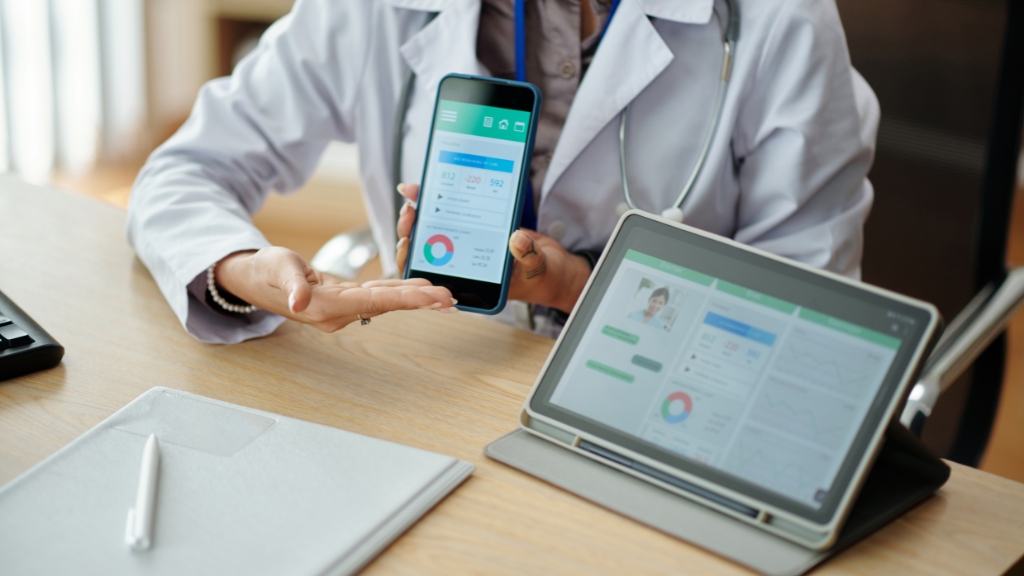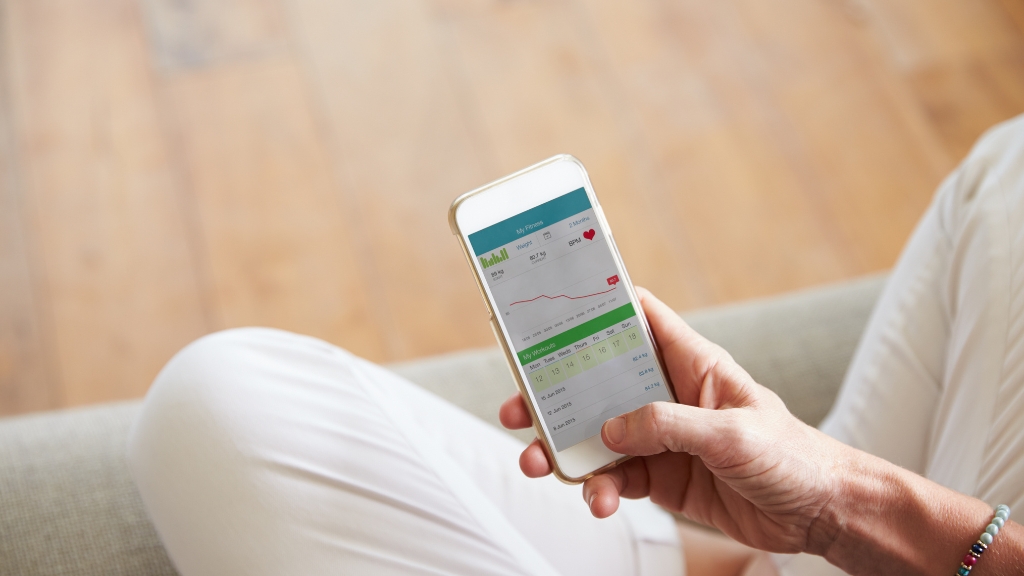
Smart Healthcare: The Role of Apps in Smart Living
Introduction
In the evolving landscape of healthcare, technology plays a pivotal role in enhancing patient care and overall health management. Among the various technological innovations, healthcare apps have emerged as a significant tool in the smart living paradigm. These apps are revolutionizing how individuals manage their health, providing unprecedented access to medical resources and personalized care. This article explores the transformative impact of healthcare apps on smart living, highlighting their benefits, challenges, and future prospects.
The Rise of Healthcare Apps
Healthcare apps have surged in popularity due to their convenience and accessibility. From tracking fitness and diet to managing chronic conditions and accessing telemedicine services, these apps offer a broad spectrum of functionalities. The integration of artificial intelligence and machine learning in these apps further enhances their ability to provide personalized recommendations and predictive analytics.
Key Benefits of Healthcare Apps
- Enhanced Accessibility: Healthcare apps allow users to access medical information and services from the comfort of their homes. This is particularly beneficial for those with mobility issues or residing in remote areas.
- Personalized Health Management: Many apps offer tailored health plans based on user data. Whether it’s a fitness app that adjusts workout routines or a diabetes management app that tracks blood sugar levels, personalization is key to effective health management.
- Preventive Care and Early Detection: Apps can alert users to potential health issues before they become critical. For instance, apps that monitor heart rate variability can detect irregularities that may signal underlying health problems.
- Improved Patient Engagement: By providing users with tools to track their health metrics and communicate with healthcare providers, apps foster greater engagement in personal health management.
- Cost Savings: By reducing the need for frequent in-person visits and enabling remote consultations, healthcare apps can lower healthcare costs for both patients and providers.
Challenges and Considerations
Despite their advantages, healthcare apps face several challenges:
- Data Security and Privacy: Ensuring the security and privacy of sensitive health data is a major concern. Developers must adhere to strict regulations and implement robust security measures to protect user information.
- Accuracy and Reliability: The effectiveness of healthcare apps depends on the accuracy of the information and recommendations they provide. Users must be cautious and rely on apps that are developed and validated by reputable sources.
- User Engagement and Adherence: While apps can offer valuable tools, their success depends on user engagement. Ensuring that users consistently interact with the app and follow its recommendations can be challenging.
- Integration with Traditional Healthcare: Effective integration of app-based data with traditional healthcare systems is crucial for a seamless healthcare experience. This requires collaboration between app developers and healthcare providers.
Future Prospects
The future of healthcare apps looks promising with ongoing advancements in technology. Emerging trends such as the integration of wearable devices, enhanced AI capabilities, and blockchain for secure data sharing are likely to drive further innovation. As these technologies evolve, healthcare apps will continue to play a critical role in smart living, offering new ways to manage and improve health.
Conclusion
Healthcare apps are at the forefront of the smart living movement, offering innovative solutions to manage and enhance personal health. While there are challenges to address, the benefits of these apps are undeniable. As technology continues to advance, healthcare apps will become increasingly integral to the way we approach health and wellness, paving the way for a smarter, healthier future.
Leave a Reply
- AI in Diagnostics: Revolutionizing Early Detection and Accuracy
- How AI and Advanced Analytics Are Transforming Healthcare Outcomes
- Investing with Confidence: The Role of ROI Calculators
- How ROI Calculators Drive Data-Driven Business Strategies
- The Ultimate Guide to ROI Calculators for Business Success
- Making Sense of ROI Calculators: A Comprehensive Guide
- June 2025 (1)
- May 2025 (1)
- October 2024 (2)
- September 2024 (31)
- August 2024 (31)
- July 2024 (27)
- June 2024 (28)
- May 2024 (30)
- April 2024 (33)
- March 2024 (23)
- February 2024 (29)
- January 2024 (3)
- December 2023 (47)
- November 2023 (36)
- October 2023 (23)
- September 2023 (2)
- June 2023 (2)
- May 2023 (13)
- April 2023 (1)




